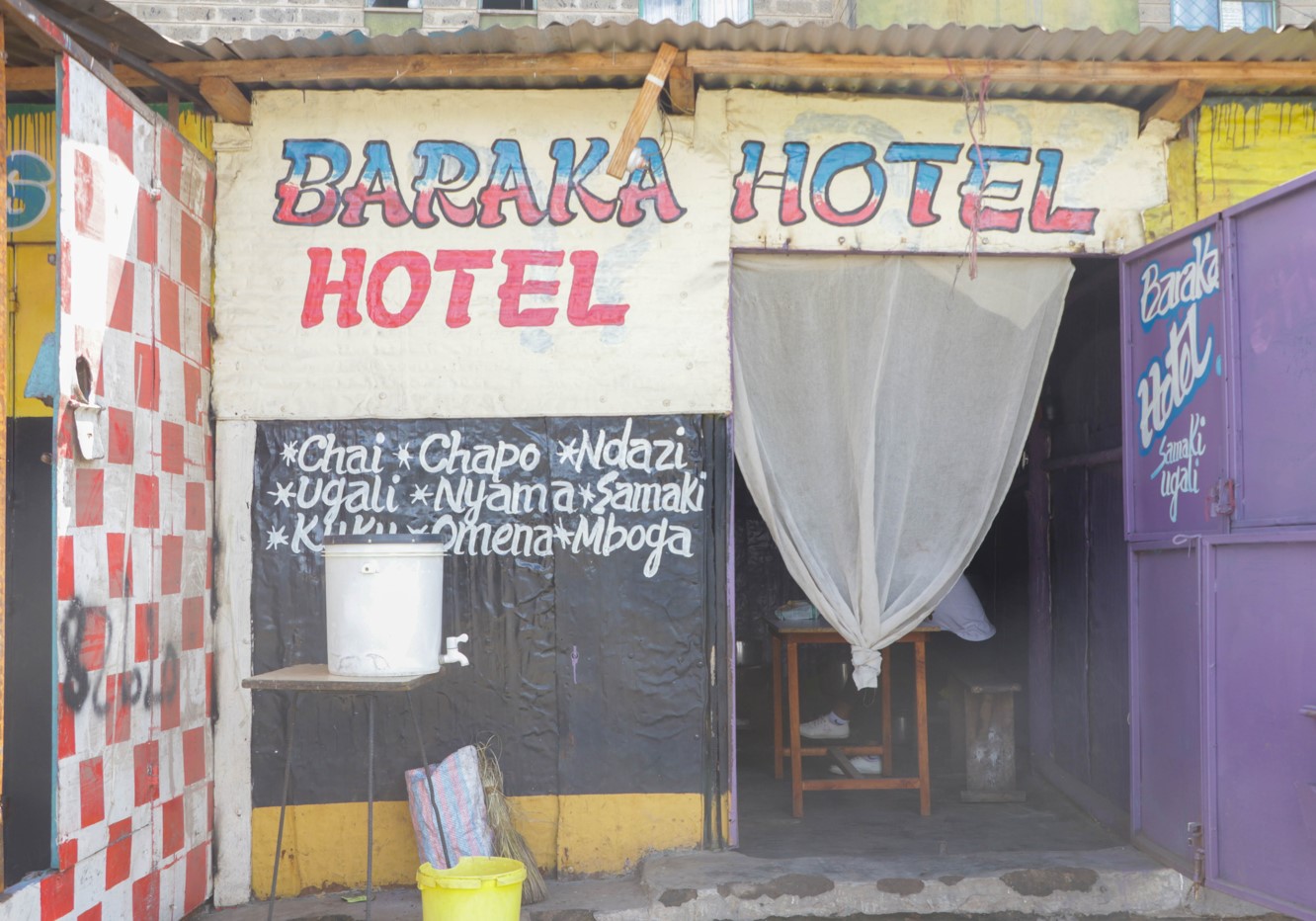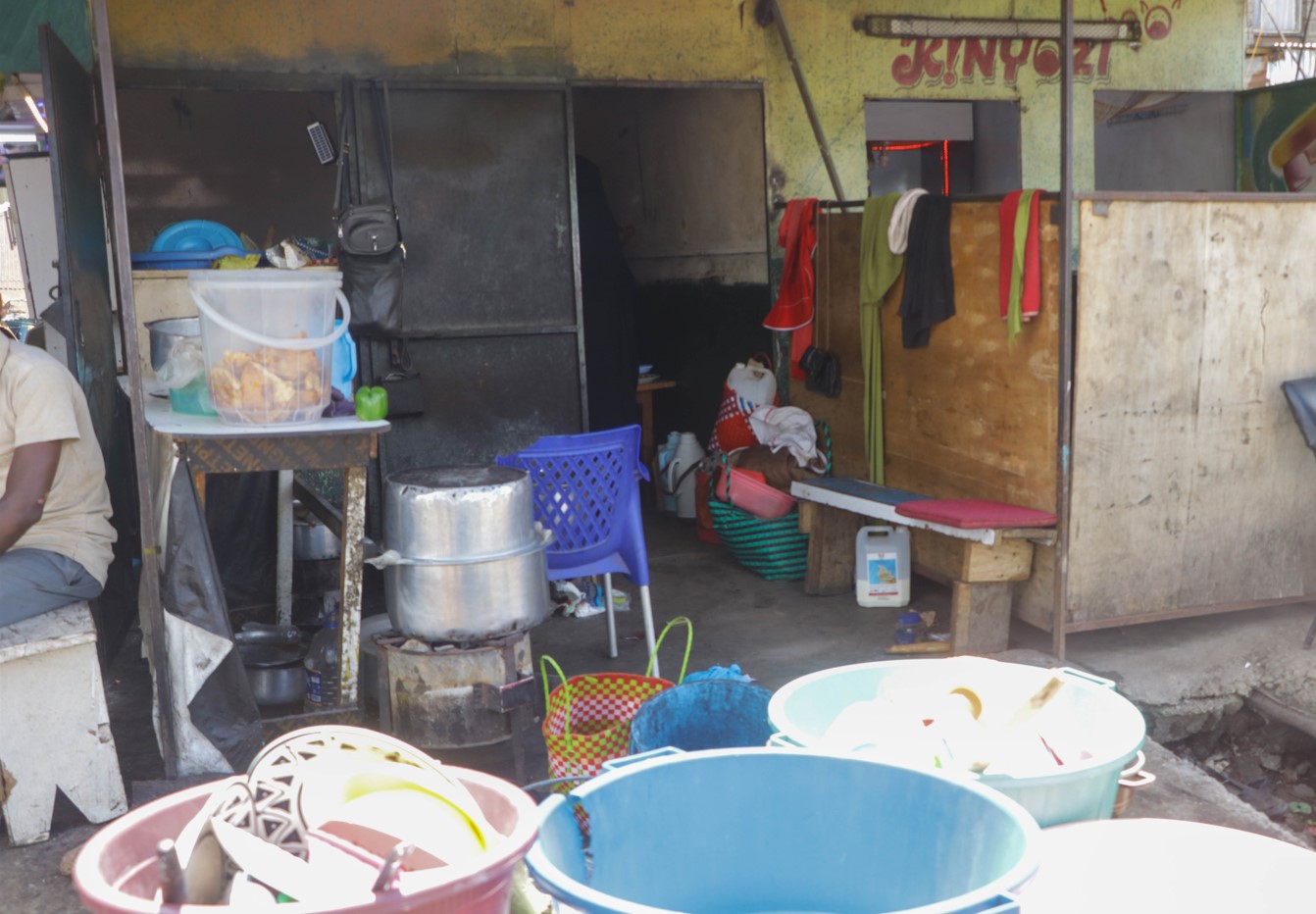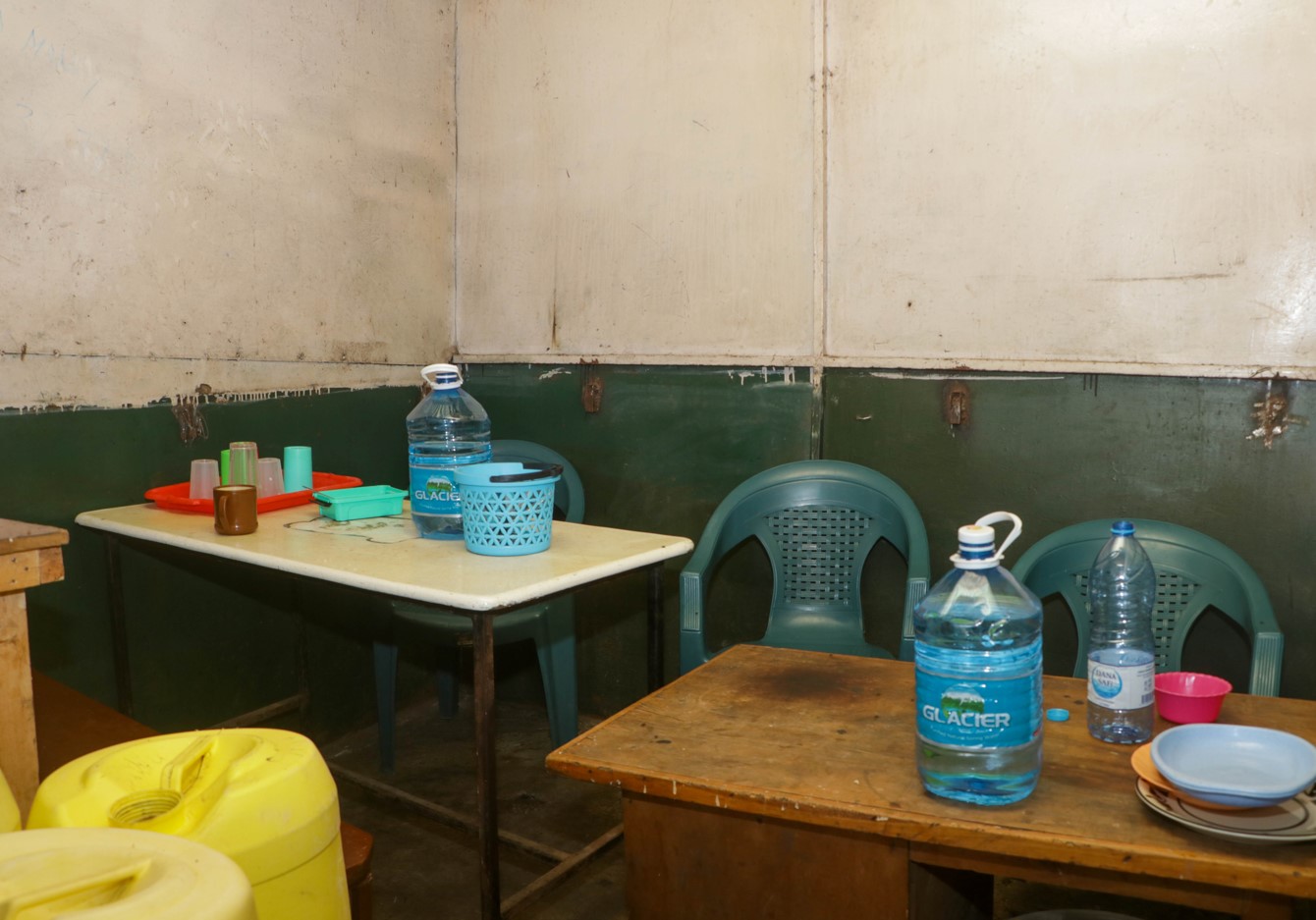Why Eastleigh’s street food kiosks are gaining popularity

By Mary Wambui |
Street food joints have become favourite spots for people making an income in the fast-growing Eastleigh business centre in Nairobi where the price of meals in hotels is increasing with the rise in the cost of living.
With the rising cost of living, every Kenyan is looking for avenues to make extra money or save part of their income to meet other pressing needs.
As a result, street food joints have become favourite spots for people making an income in the fast-growing Eastleigh business centre in Nairobi where the price of meals in hotels is increasing with the rise in the cost of living.
Keep reading
Joel Mutahi, not his real name, recalls getting excited when he first landed in Eastleigh last year. As a fan of pilau — a rice dish made with spices — he thought coming to work in a seemingly Swahili neighbourhood would spoil him for choice in terms of the available cheap joints to sort out his appetite.
“Like any newbie, I began with restaurant hopping in search of what would be my frequent food joints and liked some but the price was a little high considering my wife had just delivered our first child,” he says.
With time, however, he needed to adjust the amount he spent on lunch and started to explore the makeshift joints that predominantly sell food to construction workers.
“It took me a while to get a joint where I was fully comfortable being a regular customer but when I did and settled in, I have never looked back. I now only visit the restaurants when I miss some special meal or when celebrating some work-related milestone,” he says.
His story mirrors that of Jane Wairimu* who now says she spends a mere Sh80 for a filling meal of two chapattis and beans, compared to the Sh250 she would spend on average for a plate of chapatti or rice and beans at the established restaurants.
A spot-check by The Eastleigh Voice revealed that the location of these food joints is close to buildings with major construction works happening, or along busy streets serving as boda boda pick-up points while others are even temporarily set up close to matatu bus stops to sell evening tea and snacks to the crew and their passengers.
 A kiosk hotel located at Majengo in Pumwani Ward, Nairobi on May 21. Photo: Hafsa Hassan
A kiosk hotel located at Majengo in Pumwani Ward, Nairobi on May 21. Photo: Hafsa Hassan
While it may seem that the clientele revolves around construction workers and people with low income, the state of the economy has pushed even those working in big offices, hospitals, and schools to the street joints, popularly referred to as vibandas.
“I keep seeing new faces, a trend that began during Ramadan when most of the community was fasting. Faces I’d not seen before keep coming but others appear once in a while,” says one of the food vendors in Eastleigh’s California Ward.
The change in clientele, she adds, has prompted her to diversify her menu to include items that were never in demand before.
"Nowadays, I sell chips, make kachumbari and other special meals to keep my customers happy," she explains.
The clientele, however, is not limited to people who come to the neighbourhood every day for work. It expands to the local community, some of whom also own a few of these food joints and sell snacks in the evening.
 A kiosk hotel located at Majengo in Pumwani Ward, Nairobi on May 21. Photo: Hafsa Hassan
A kiosk hotel located at Majengo in Pumwani Ward, Nairobi on May 21. Photo: Hafsa Hassan
According to the 2019 population census, Eastleigh had an estimated night population of 348,778. During the day, observers claim the numbers go up to half the population of Nairobi, courtesy of the thriving business and the influx of residents from neighbouring wards, counties, and the region.
A big chunk of the construction workers are residents of the neighbouring Majengo and Mathare informal settlements as well as migrants from the neighbouring countries.
With the threat of more taxes in the coming months, a vendor says the price of meals may increase but will not match that of the established restaurants.
“I began my stall with just the raw ingredients I needed to make a meal for about 10 people, which was dry maize, cooking oil, salt, and some milk and Sh1,500 savings which I used to buy charcoal and meat for that first day,” the vendor says.
“Today, I cook for a minimum of 50 people from breakfast to late lunch. I no longer depend on charcoal for all my cooking, I have since bought a 6kg gas cylinder which makes my cooking faster," she adds.
Though she feels threatened by the changing landscape of the neighbourhood which she feels might one day result in her being asked to move from the space she does her business, she, like many others, is opting to continue serving her customers and saving what they can for the future.



















